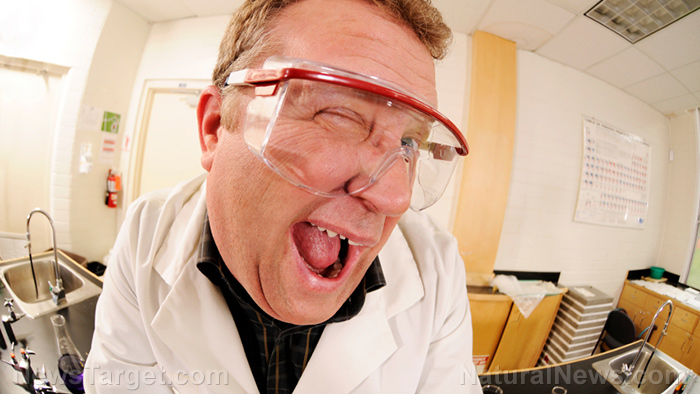
“It’s impossible to know how much this sloppy use of the wrong cells has set back research into breast cancer,” Harris stated. But breast cancer studies are not the only ones that are affected by this dilemma -- virtually every area of scientific research is plagued by the malady of junk studies with findings that cannot be replicated.
The issue of misidentified and contaminated cancer cells in cancer research is a fairly well-known problem. Even back in 2012, researchers from the University of Colorado Cancer Center found that the high rate of contamination or mistaken identity of cancer cells indicated that many researchers are likely drawing faulty conclusions about their research. And certainly, the problem had been an ongoing issue by that point in time. Senior author Andrew Bradford, Ph.D., commented, "In the past, the technology to check cell lines didn't exist and so you can't really blame past researchers. But today it's cheap, it's easy and the technology is widely available. There's no excuse to experiment on cells without first discovering what you're experimenting on."
Given the sheer volume of scientific research that is conducted and published, it's not unexpected that some might be faulty. But, in today's world, it seems that research is constantly at odds with itself: As soon as one finding is published, another contradicts it. In the scientific community, this junk research phenomenon even has its own name: "The reproducibility crisis."
The ability for a study to have its findings replicated is the gold standard for attaining credibility and legitimacy. A study that cannot have its findings reproduced generally is not taken seriously, and a staggering number of scientific studies face this problem. As the New York Post explains, approximately two-thirds of the most sensationalized material -- such as the supposed "discovery of new genes linked to obesity" -- end up on the chopping block and are "disconfirmed." Even the less celebrated studies seem to have a low confirmation rate, with only about 50 percent of the scientific studies you might see discussed by the mainstream media proving to hold up to further investigation.
As Harris explains, the number of errors in current scientific research doesn't just hinder the process of moving forward in the world of science, it is also incredibly wasteful of both time and resources. Scientific research costs taxpayers about $28 billion per year -- and a lot of what's being produced is unrepeatable and therefore "junk science."
In addition to the thousands of breast cancer studies that have been proven faulty, countless other studies have been compromised due to other issues, such as poor study design. Some of this can be attributed to what Harris calls the "pressure to publish," wherein scientists essentially prioritize more exciting and surprising data, even if it requires intentional manipulation. Cherry-picking data to support one's thesis is a regular problem in academic research, according to Harris -- and honestly, it's not that surprising. After all, a whistleblower from the CDC has even admitted to engaging in a similar act of fraud.
Harris explains that for many, the spark of fame is more important than the actual longevity of their research. "There’s a constant scramble for research dollars. Promotions and tenure depend on making splashy discoveries. There are big rewards for being first, even if the work ultimately fails the test of time." Clearly, these "researchers" don't care about wasting tax dollars or setting back actual, real science by decades, either -- as long as their fake research makes the front page.
Sources:
Please contact us for more information.






















